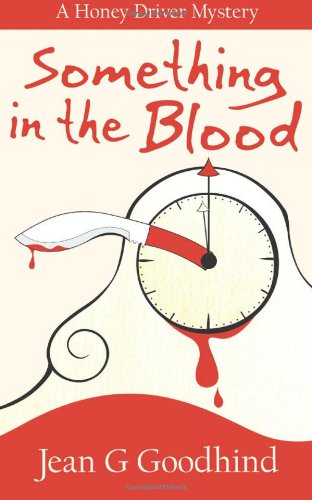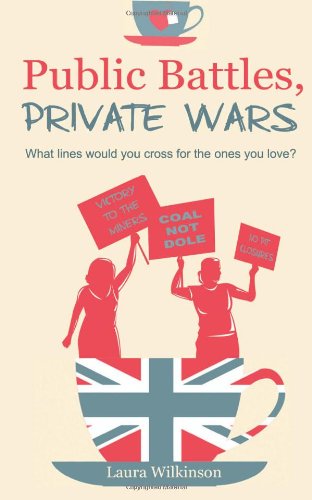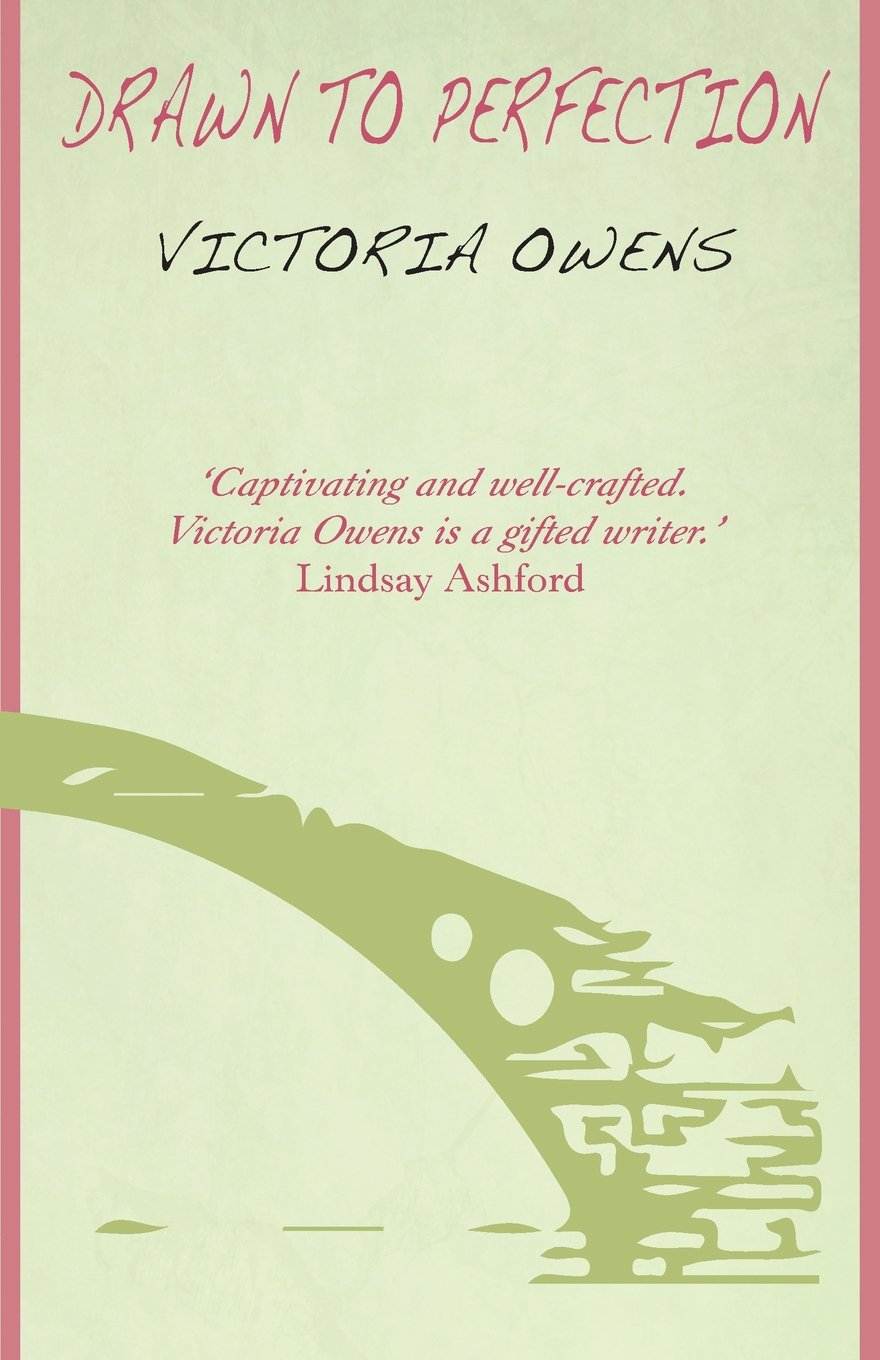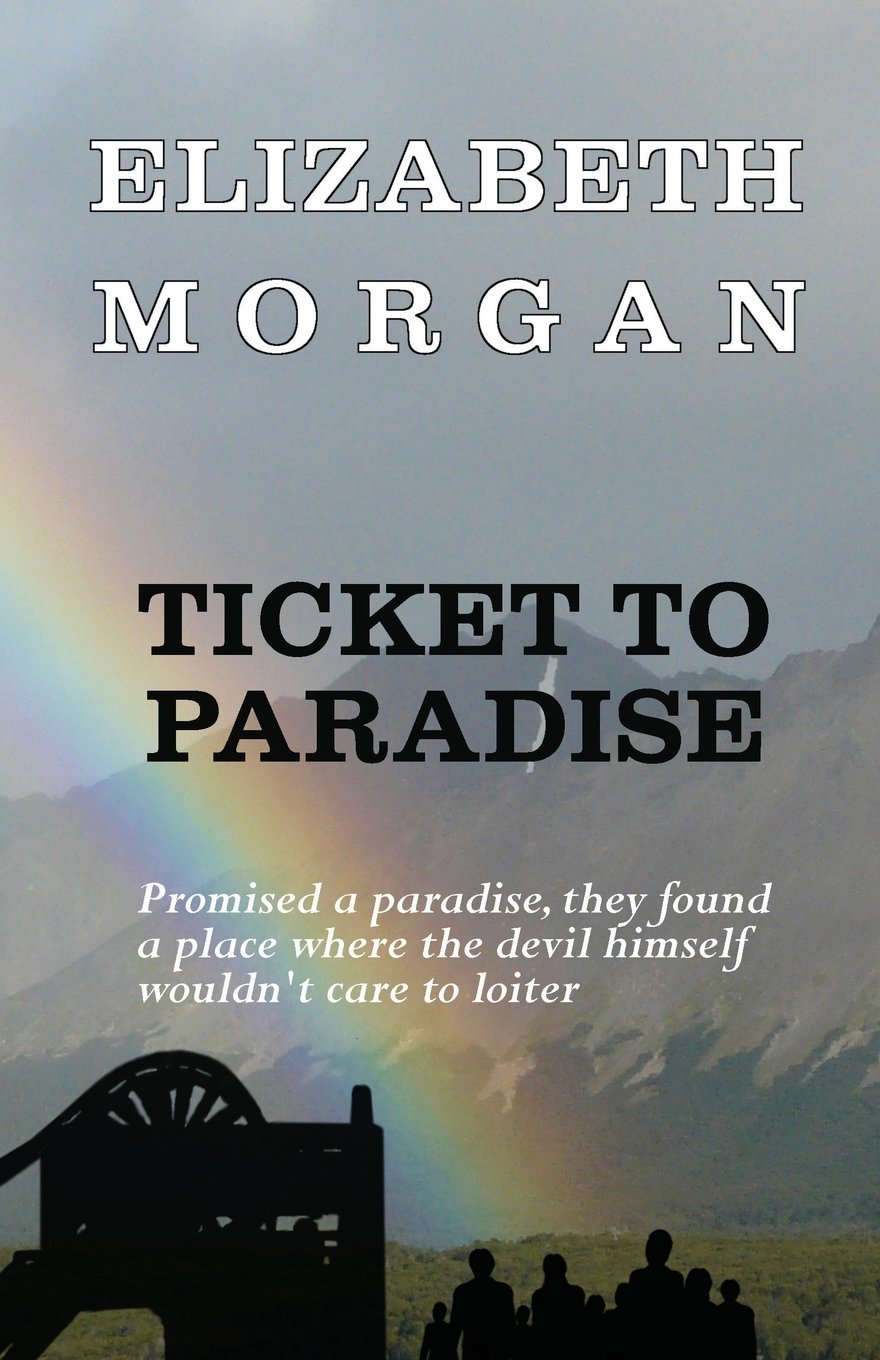The Christmas cactus
is coming into flower, so it must be time to give my suggestions for books you
might like to read this Christmas.
Let's get the obvious
over with first. Accent publish my books in both Kindle and paperback. People
usually prefer to give paperback books as gifts, and it's true that the
paperbacks are a little (but not much) more expensive than paperbacks produced
in large print runs by bigger publishers. They're still pretty inexpensive,
though, and I still think that books make good gifts. If you ever run into me –
and a lot of people who read this blog may do that – I'm happy to sign them for
you.
Moving on to other
authors, I'm going to concentrate on writers who are published by independent
publishers. There are a lot of good writers who are published by mainstream
publishers, but mainstream publishers have huge marketing and distribution
departments and don't need my help to shift books.
Over the last few
years I've been reading a lot of books published by tiny presses. Not that long
ago, I was published by a tiny press myself. Let's be blunt and admit what
everyone knows already: many of these books are badly presented, badly written,
sometimes barely literate rubbish. However, many are perfectly good books and a
few are really excellent. The best book I read in 2014 was published by a very
small publisher in Australia. It was Unforgivable. I've written about it
HERE. It's a stunning novel that I am going to keep plugging in the hope that one day
it will get the recognition it deserves.
When you are looking
at books from independent publishers, the name of the publisher does become
rather important. I am published by Accent Press. I am not going to pretend
that every book that Accent publishes is absolutely wonderful. I've looked at
some and really not been that impressed. But everything they publish has been
read by an editor who did like it – and who is to say that they are not right
and I am not wrong. All Accent's books have been properly edited and proofread
and are presented with the words in the right order on the page. (This should
be a given, but trust me, I have been given books to review where it was not.)
If you buy a book from a professional publisher like Accent – however small
they are – you will have some basic guarantee of quality.
I'm reading an Accent
book right now: Just One Damn Thing After Another by Jodi Taylor. I'm
only a third of the way through, so I'm not in a position to give a proper
review, but yesterday, for the first time in a long time, I sat in the bath
reading until the water went cold. It's a story about time travel but, with its
beautifully believable female main character, its eccentric English setting and
its delightful sense of humour, it's far more Doctor Who than a
traditional po-faced piece of science fiction. I suppose I could be
disappointed, but I'm prepared to recommend this on what I've read so far.
Another Accent author
I have read and enjoyed is Jean Goodhind. Something in the Blood is a
traditional murder mystery, though as a whodunnit it leaves something to be
desired. What it offers instead is smooth and witty writing, an attractive and
entertaining heroine, rounded characters and a wonderful sense of place – in
this case Bath. It's not Agatha Christie, but if you are looking for a book
that will offer the reader undemanding entertainment on a winter's evening, you
could do a very great deal worse.
Public Battles,Private Wars by
Laura Wilkinson (Accent again) is a more serious and considered work that has,
deservedly, received positive critical attention. A politically committed look
at the miners' strike, with a strong feminist perspective, it does not let its ideology
get in the way of telling a good story. Definitely a worthwhile read.
Let's finish with a
couple of books from other publishers. Drawn to Perfection by Victoria
Owens is published by Hookline Books. It was published in 2013, but it has a
Regency setting and the style is straight out of Jane Austen's notebooks. There
is a plot – actually rather a good plot – but I would recommend this book
anyway. The characterisation and the sheer elegance of the writing blew me
away. This is a fine example of why we should not dismiss books from smaller
publishers. Given the amount of rubbish that mainstream houses push out into
WHSmith every month, it's a shame and disgrace that something as beautifully
written as this is unlikely to find a mass-market.
Finally, I'll mention
Ticket to Paradise by Elizabeth Morgan. This is a novel, closely based
on historical events, about the movement of Welsh settlers to Argentina in
1865.It’s a fascinating story, well told. Morgan writes well and with a great
ear for the cadences of Welsh, which enlivens her dialogue. The history is
riveting, and particularly interesting to anyone with an interest in Argentine
history, as I know many of you have.
So there you are:
half a dozen books from four different independent publishers, none of which
you are going to see promoted in your local Waterstones, but all of which are,
in their own ways, well worth reading. John Grisham is a great author, but he
really doesn't need the money any more. This Christmas, why not give some
consideration to books by authors you've never heard of from publishers you
didn't know existed?













